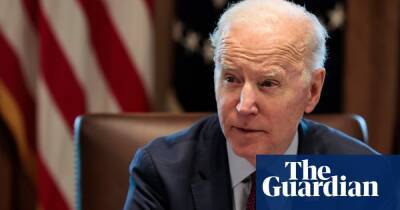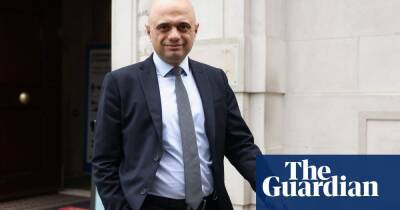Jack Dorsey on UBI: Bitcoin encourages transparency, long-term thinking
Twitter co-founder and Block (previously Square) CEO Jack Dorsey discussed the implications of a Bitcoin (BTC)-powered universal basic income (UBI) strategy with US congressional candidate and a full-time elementary school teacher, Aarika Rhodes.
“Obscurity of information forces and incentivizes people to negative (financial) behaviors that don’t work for them, their community or family,” said Dorsey while pointing out the lack of transparency within the existing centralized financial system.
This base foundation of BTC is what Dorsey believes has the potential to solve numerous use cases and problems as a direct result of using fiat currency. Through business initiatives including Start Small, the entrepreneur has invested over $55 million across the United States and overseas to experiment on UBI.
Dorsey’s BTC-powered UBI experiment will involve creating a small-scale closed-loop community of sellers and merchants that adhere to the Bitcoin standards. Based on the happiness quotient and willingness to participate, he intends to identify use cases for wide-scale implementation.
Rhodes strongly believes that involving Bitcoin will reduce the costs related to banking fees:
In terms of financial literacy, Dorsey said that adopting the Bitcoin standard inculcates long-term thinking, however, his skepticism toward a BTC-powered universal basic income will reduce based on the results portrayed by the ongoing experiments:
Along with the benefits that come with the Bitcoin standard, Dorsey is also vigilant about its negative impacts. On an end note, he highlighted the inefficiencies within the government policies and how UBI helps address some of the challenges:
Related: Jack Dorsey: Diem was a waste of time, Meta should’ve
Read more on cointelegraph.com


















